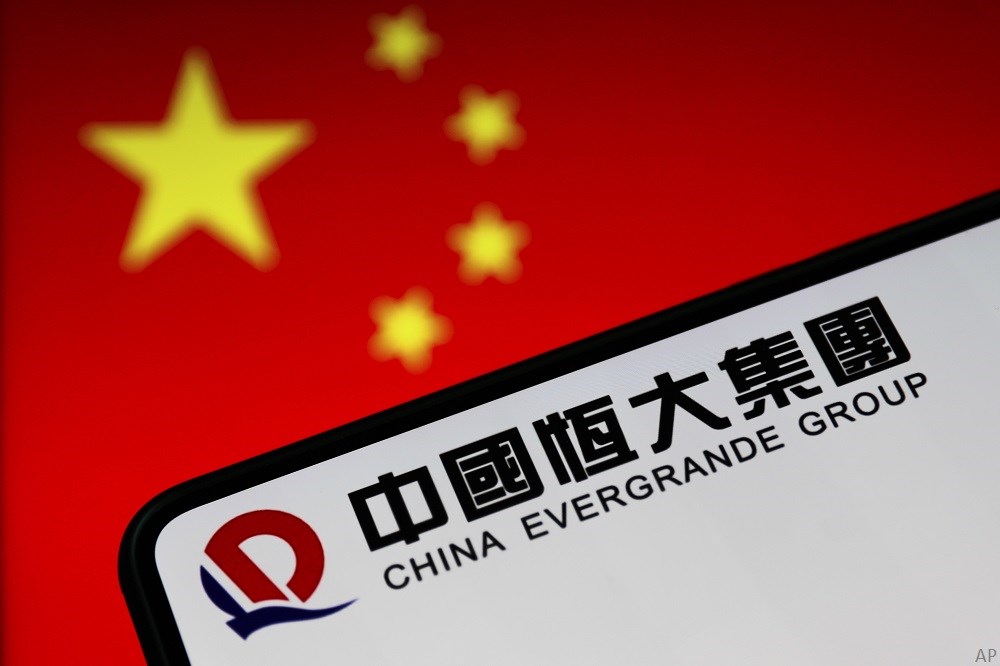
The ongoing saga surrounding debt-laden real estate developer Evergrande and the recent regulatory crackdown on Chinese internet companies have been roiling China’s equity markets in recent months. The volatility has spooked many foreign investors, obscuring the long-term growth story of the world's most populous country and the second-largest economy.
While the current scenario presents medium-term uncertainty, Morningstar’s senior equity analyst, Chelsey Tam, who covers the Chinese tech sector, disagrees with the idea that an enhanced regulatory framework would lead to the demise of Chinese tech names. Another equity analyst at Morningstar, Ivan Su, believes the market reaction on tech names is overblown for several reasons, explained here.
This resultant correction from the ongoing tumult has improved margins of safety while making some Chinese stocks more attractive. The following companies with ‘moaty’ businesses have appealing long-term prospects built on formidable fundamentals that can help them weather volatility and withstand growing competitive pressures.
|
Weibo Corp ADR Class A |
||
|
Ticker |
||
|
Current yield: |
- |
|
|
Forward P/E: |
14.66 |
|
|
Price |
US$46.92 |
|
|
Fair value: |
US$32.20 |
|
|
Value |
46% Premium |
|
|
Moat |
Narrow |
|
|
Moat Trend |
Stable |
|
|
Star rating |
** |
|
|
Data as of Sept 27, 2021 |
||
With 521 million monthly active users and 225 million daily active users, Weibo (WB) is the largest social media platform in China. Users are attracted to the platform due to the strong presence of celebrities and key opinion leaders, and the hottest news on the internet. The firm’s recent content enhancements include video accounts, video pages with both professionally generated content and user-generated content (similar to YouTube), among others.
“The company generates revenue from advertising on its platform and has created a network effect between the users, who demand high-quality content, and content providers, celebrities and key opinion leaders (KOLs), who benefit from the opportunity to grow and monetize their followers,” says a Morningstar equity report.
Weibo is pursuing growth through product innovation and by expanding to faster-growing verticals such as Taobao merchants, online education, and online gaming.
“To widen its product spectrum and potentially cope with the trend of social e-commerce, Weibo launched an interest-based social product, Oasis, in the fourth quarter of 2019,” says Ivan Su, equity analyst at Morningstar. He cautions, however, that the new model’s impact remains unclear because of the pandemic disruption. But Weibo’s social network is also difficult to replicate, asserts Su. It was the third most popular social media app, in terms of monthly active users, as of 2020, just behind Tencent’s WeChat and QQ apps, according to Questmobile.
Revenue growth of 48% in the second quarter, beating estimates, and an improved 2021 revenue forecast (to US$2.2 billion from US$2.0 billion) prompted Su to raise the stock’s fair value from US$29 to US$32.20.
|
Alibaba Group Holding Ltd ADR |
||
|
Ticker |
||
|
Current yield: |
- |
|
|
Forward P/E: |
16.45 |
|
|
Price |
US$150.18 |
|
|
Fair value: |
US$302 |
|
|
Value |
50% discount |
|
|
Moat |
Wide |
|
|
Moat Trend |
Stable |
|
|
Star rating |
***** |
|
|
Data as of Sept 27, 2021 |
||
Chinese e-commerce giant, Alibaba (BABA) is the world’s largest online and mobile commerce company. It operates online marketplaces, including Taobao and Tmall. China accounted for 69% of revenue in 2020, while additional revenue sources include China commerce wholesales (2%), international retail/wholesale marketplaces (5%/2%), cloud computing (7%), digital media and entertainment platforms (4%), and others.
Large transaction data from its marketplaces, financial services, and logistics businesses have helped Alibaba become a big data-centric conglomerate allowing it to move into cloud computing, media/entertainment, and online-to-offline services. “A strong network effect allows leading e-commerce players to extend into other growth avenues, and nowhere is that more evident than Alibaba,” says a Morningstar equity report.
Alibaba’s Internet services have a vast footprint across China, including a 91% penetration rate for the Taobao/Tmall, as of December 2020. “This provides Alibaba with an unparalleled source of data that it can use to help merchants and consumer brands develop personalized mobile marketing and content strategies to expand their target audiences,” says Tam.
While Taobao/Tmall marketplaces remain Alibaba's core cash flow drivers, “AliCloud is likely to develop into a more significant cash flow contributor over time, given its early-mover advantages in Big Data and cloud computing in China,” Tam notes.
Alibaba’s wide economic moat is underpinned by a strong network effect, where the value of the platform to consumers increases with a greater number of sellers. “Despite recent macroeconomic uncertainty, we expect China and Southeast Asia's digital commerce industry to have an extended runway of growth,” says Tam, who pegs the stock’s fair value at US$302 per American Depositary Share (ADS).
|
Baidu Inc ADR |
||
|
Ticker |
||
|
Current yield: |
- |
|
|
Forward P/E: |
13.89 |
|
|
Price |
US$156.94 |
|
|
Fair value: |
US$207 |
|
|
Value |
24% discount |
|
|
Moat |
Wide |
|
|
Moat Trend |
Stable |
|
|
Star rating |
**** |
|
|
Data as of Sept 27, 2021 |
||
Often referred to as Chinese Google, Baidu (BIDU) is the largest Internet search engine in China with a 75% share of the search engine market, as of March 2021, per Statcounter. The firm generates 68% of its revenue from online marketing services. As a technology-driven company, Baidu has been investing in AI technology, including autonomous cars.
Its flagship Baidu app (202 million daily active users in December 2020) can serve a wide range of users' needs, including reading, watching videos, livestreaming, and others, says a Morningstar equity report.
Baidu’s online video platform, IQiyi, has been a key growth driver, accounting for 28% of Baidu’s revenue in 2020. IQiyi’s success flows from “increasing willingness to pay for premium content in China and continuous advertising demand on iQiyi until short video platforms took mobile time share,” says Tam, who puts the stock’s fair value at US$207.
Baidu is a leader in artificial intelligence in China which it exploits in its search engine. The tech heavyweight also has the highest number of miles tested in China for autonomous driving and has launched its robotaxi services in Beijing, Cangzhou, and Changsha. However, Tam warns “there is high uncertainty regarding the timing and scale of commercialization of Baidu’s” AI- and autonomous-driving-based services.
Baidu’s wide economic moat stems from its network effect and intangible assets, such as an ecosystem around search and well-received mobile apps, including Mobile Baidu Search and Baidu Map, both ranked number one in their verticals with 544 million monthly active users, Tam notes.






















